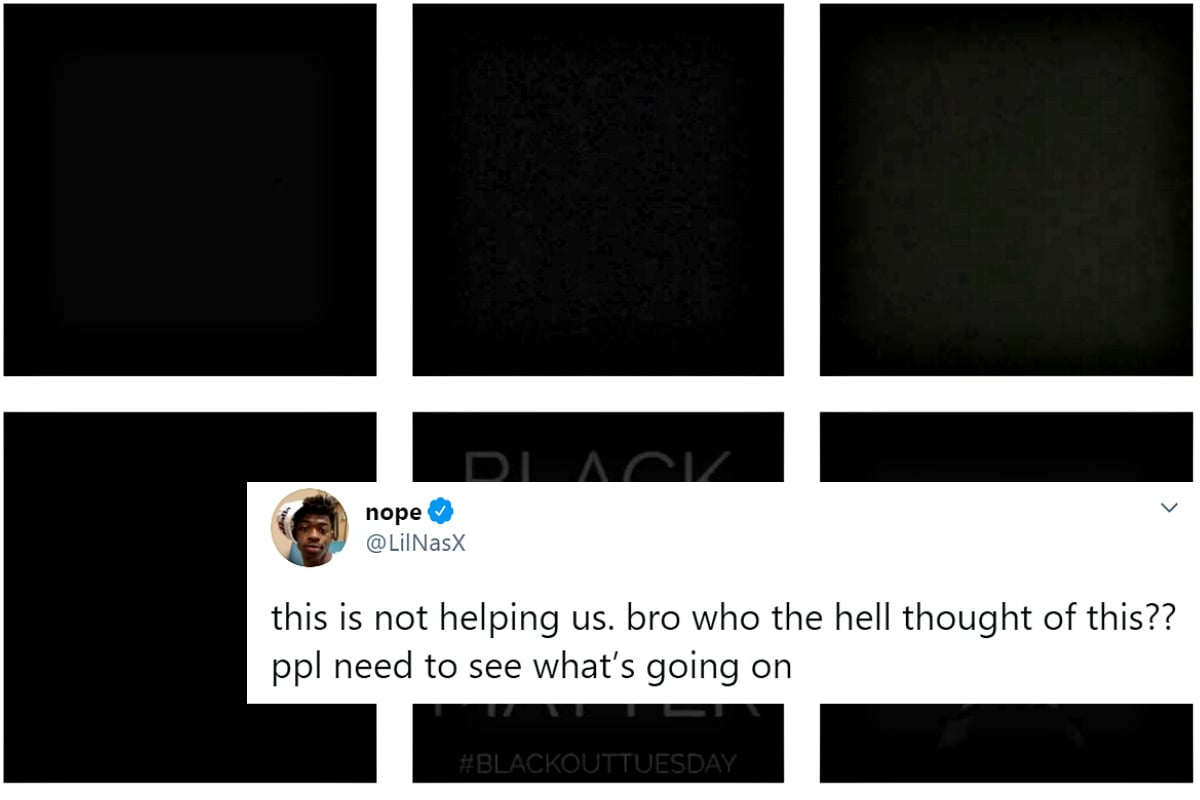
Yesterday, you would have likely seen a cascade of empty posts as you scrolled through your Instagram feed. Solid black boxes, some accompanied by hashtags about the Black Lives Matter movement or captions about anti-racism protests.
These posts — the millions and millions of them — were part of an initiative called Black Out Tuesday.
The social media campaign was born from the conversation about race that’s swelled since the death of George Floyd last month.
The mother of George Floyd’s daughter gives an emotional press conference. (Post continues below.)
Floyd, a 46-year-old black man, died on May 25 after being restrained facedown by police in the U.S. city of Minneapolis. The officer who held his knee on Floyd’s neck for a total of 8 minutes and 46 seconds before Floyd fell unconscious was arrested and charged with murder and manslaughter on Friday. By then, large-scale Black Lives Matter protests had broken out in major cities across the United States, as people rallied against systematic racism.
Many posting those black squares on Tuesday were doing so in solidarity with those protestors, or at least to amplify their message of equality and social justice.
But almost as soon as it began, Black Out Tuesday was accused of backfiring. Spectacularly.
